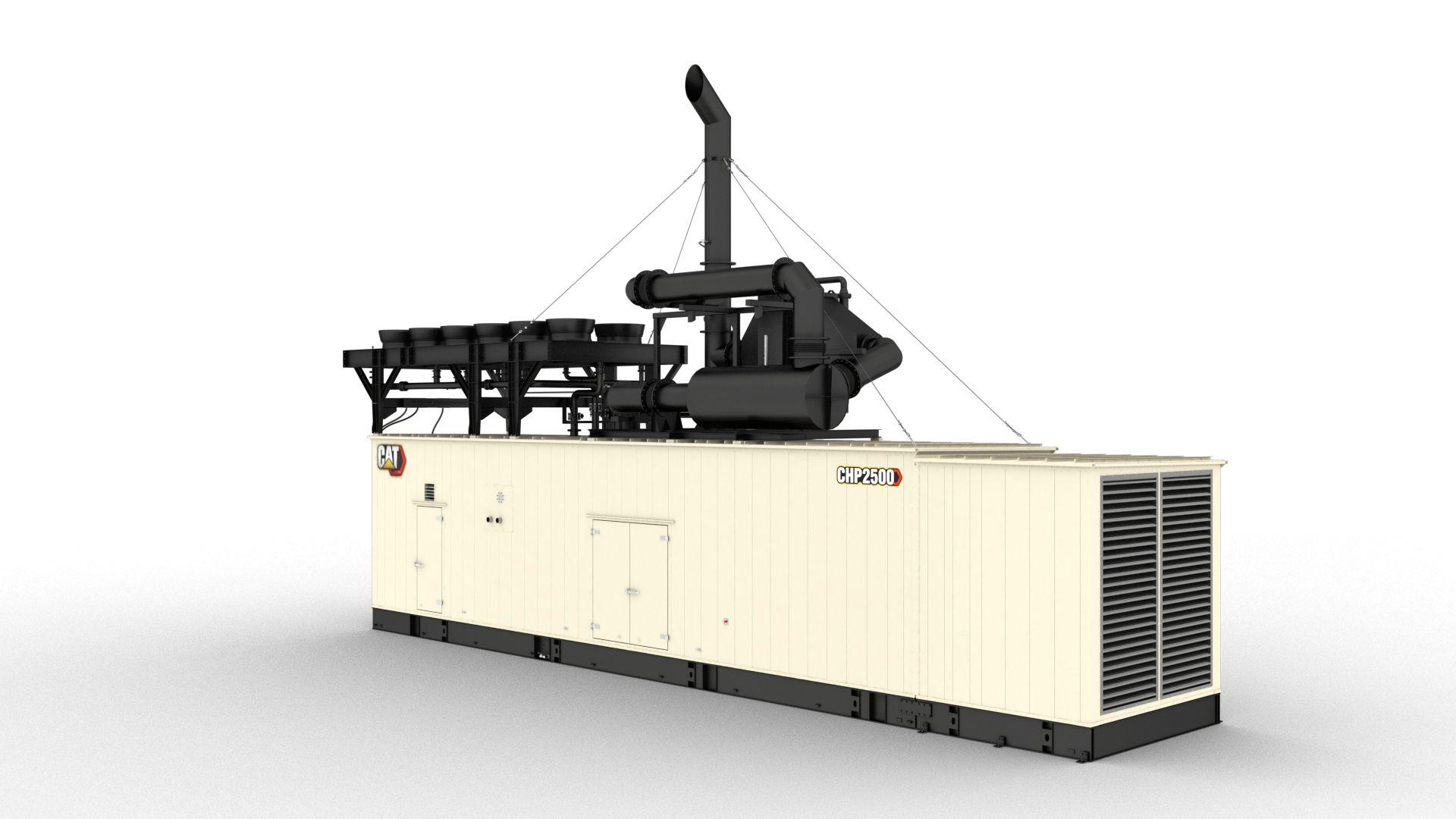The electricity generated can be used on-site to power the facility where the CHP system is located. Any excess power beyond the on-site needs can be exported to the electric grid. On the thermal side, the hot water or steam generated can be used for space heating, domestic hot water, industrial processes, and more. This simultaneous generation of useful electricity and thermal energy makes CHP much more energy efficient than separate heating and power.
Benefits of CHP Systems
In addition to improved overall energy efficiency, CHP offers several other important benefits:
Reliability - By producing power and heat on-site, Combined Heat And Power (CHP) provides a more reliable supply of energy compared to off-site grids alone. The system can act as a backup in the event of electric grid outages.
Cost Savings - By offsetting fuel costs with sales of excess power and from avoiding high electric demand charges, CHP projects can deliver significant cost savings over time. Payback periods are typically 3-5 years.
Resiliency - As on-site distributed generation resources, CHP systems enhance energy resiliency for critical facilities such as hospitals, data centers and more.
Emissions Reductions - CHP combustion systems recapture heat that would otherwise be wasted. This boosts efficiency and cuts carbon emissions compared to conventional separate heat and power. Emission levels are regulated by facilities' air permits.
Get More Insights, On Combined Heat And Power (CHP)
